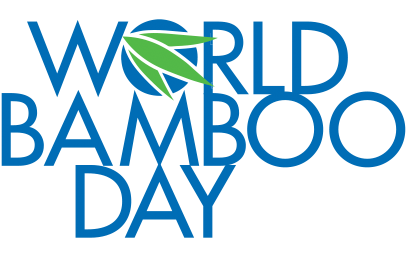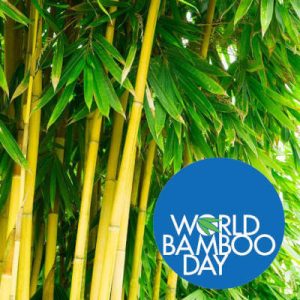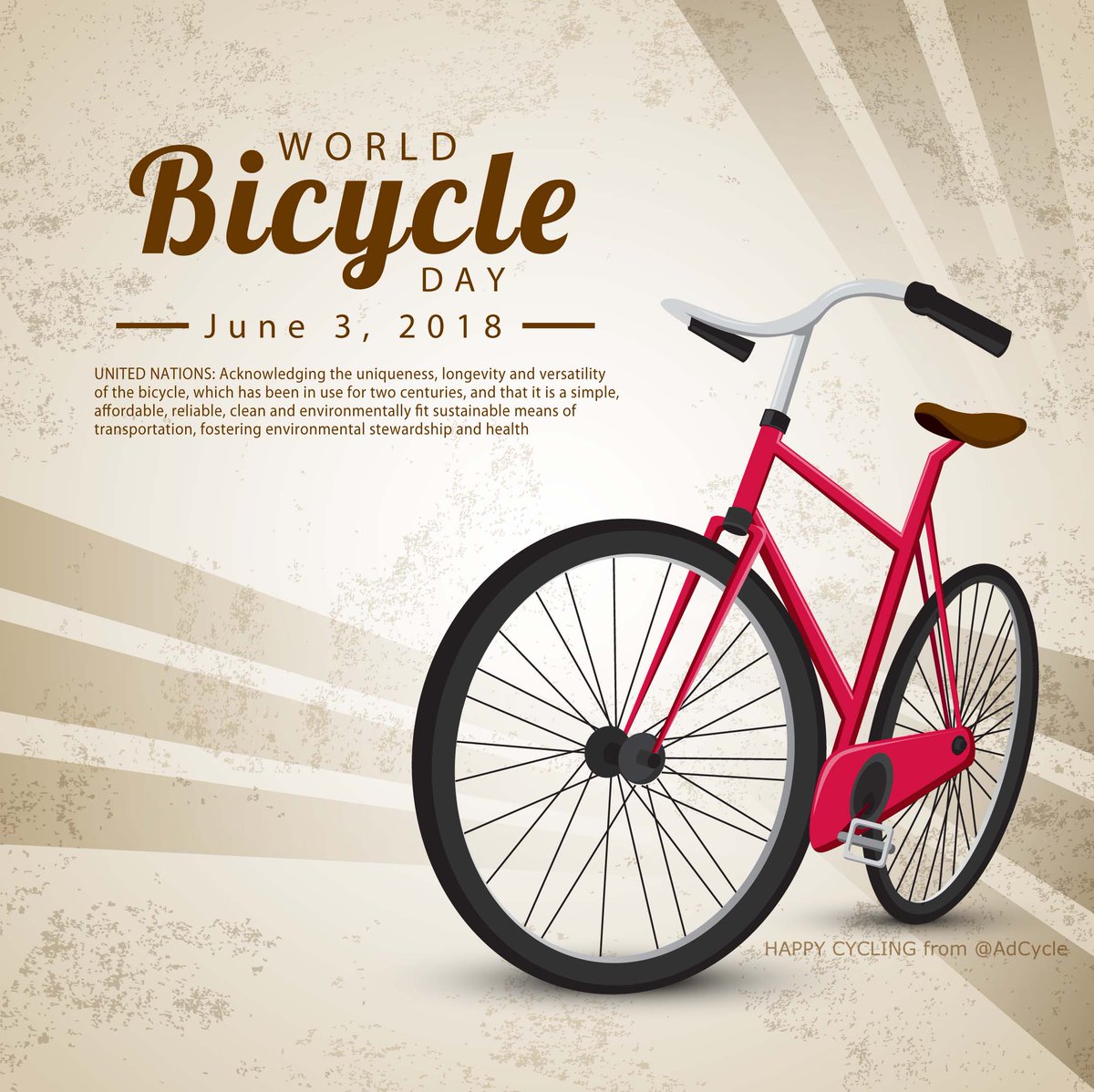
World Bamboo Day is a day of celebration to increase the awareness of bamboo globally. Where bamboo grows naturally, bamboo has been a daily element, but its utilization has not always been sustainable due to exploitation. The World Bamboo Organization aims to bring the potential of bamboo to a more elevated exposure – to protect natural resources and the environment, to ensure sustainable utilization, to promote new cultivation of bamboo for new industries in regions around the world, as well as promote traditional uses locally for community economic development.
It is estimated that there are more than two billion hectares – that is nearly 5 billion acres – of  deforested and degraded land around the world waiting for human intervention to save it, to nourish it, and breathe new life into it. The health of our planet needs us to do something big – as soon as possible.
deforested and degraded land around the world waiting for human intervention to save it, to nourish it, and breathe new life into it. The health of our planet needs us to do something big – as soon as possible.
In many cases, the natural biome in these regions will never return due to toxic pollution that has led to collapsed ecosystems and the extinction of local flora and fauna. However dismal, these lands can recover and regain ecological functionality – admittedly with collaborative inputs from stakeholders, integrated goal-setting, and sustainable management practices.
When considering the optimization of forest ecosystem goods and services as societal needs change- and new challenges arise – bamboo has a tremendous role to play. We’ve heard about planting trees – yes – but it is also time to plant bamboo.
Bamboo is resilient & adaptable – with immense biodiversity. Bamboo species can restore land. Their unique characteristics of quick growth, extensive root systems, and pioneer spirit can reduce erosion, stabilize slopes, absorb heavy metals, create shade, harbor wildlife, recycle carbon dioxide, and clean the air. Planting and managing sustainable bamboo forests allows for multiple social benefits, including rural development (improved housing), agroforestry products (which includes nutritional food and alternative fiber), with the big bonus of climate mitigation.
Bamboos are natural flora in temperate, tropical and subtropical parts of the globe, native on every continent except Europe and Antarctica, and the latest estimates are that there may be some 50 million hectares of bamboo around the world. That’s nearly 124 million acres.
Source: Text: https://worldbamboo.net/ Image: Journée mondiale
 BRUSSELS, Belgium – The worldwide promotion of cycling has entered an all new phase now the United Nations has declared June 3rd as International World Bicycle Day. The resolution, discussed on 12 April 2018 at the 72nd Regular Session of the UN General Assembly, was adopted by a consensus of 193 member states.
BRUSSELS, Belgium – The worldwide promotion of cycling has entered an all new phase now the United Nations has declared June 3rd as International World Bicycle Day. The resolution, discussed on 12 April 2018 at the 72nd Regular Session of the UN General Assembly, was adopted by a consensus of 193 member states.